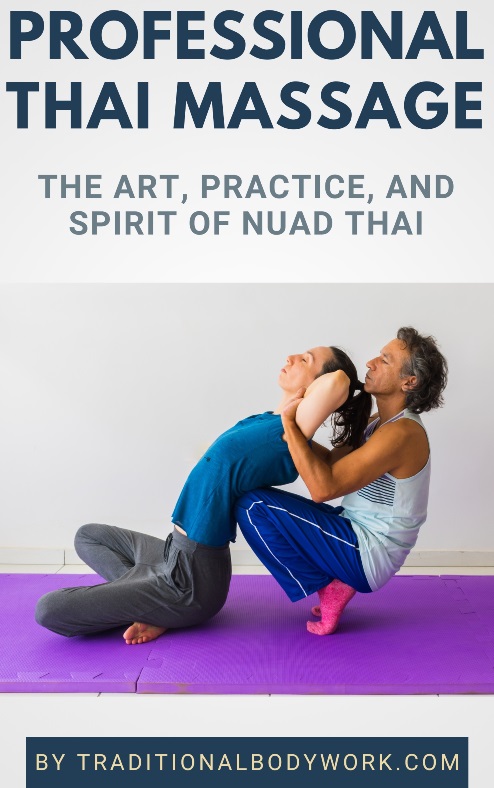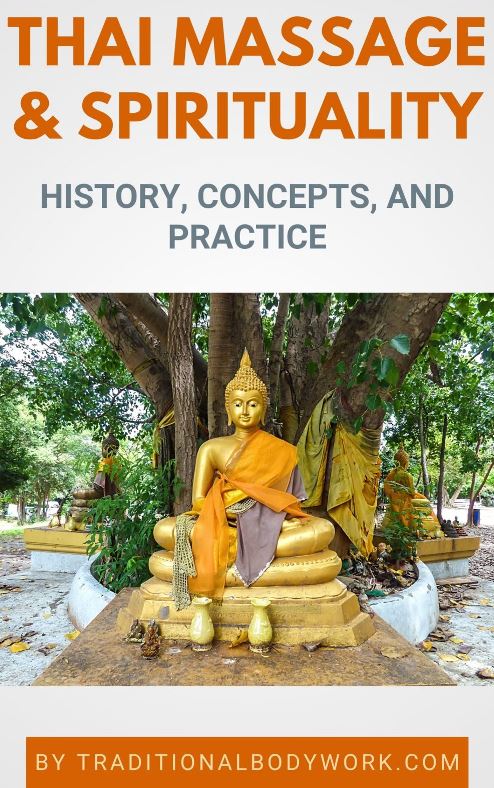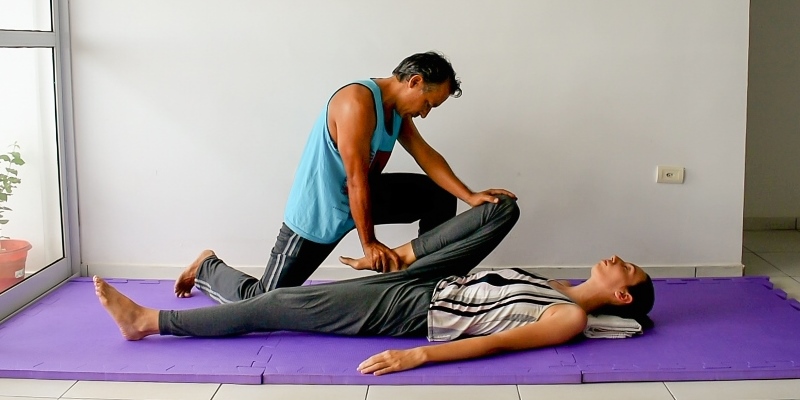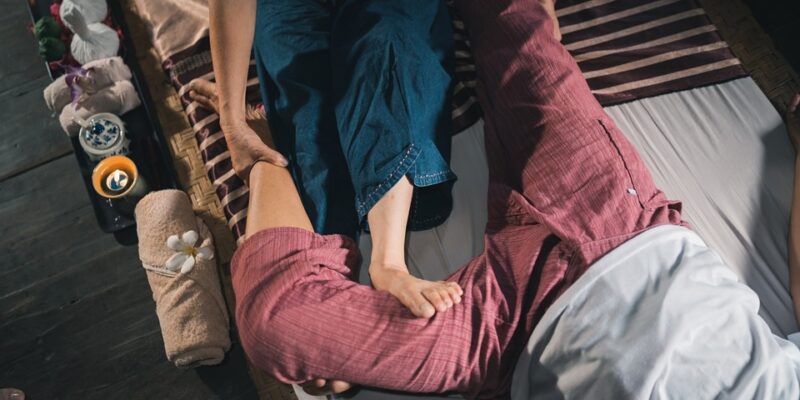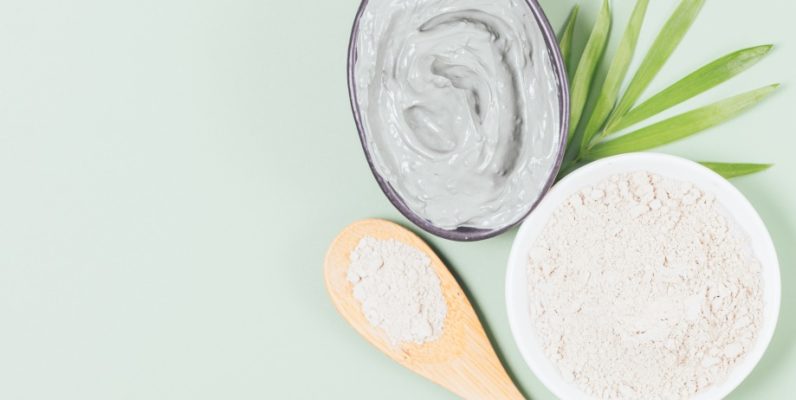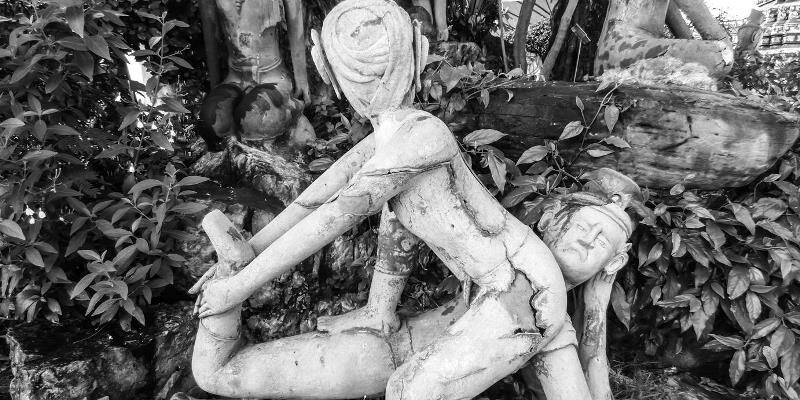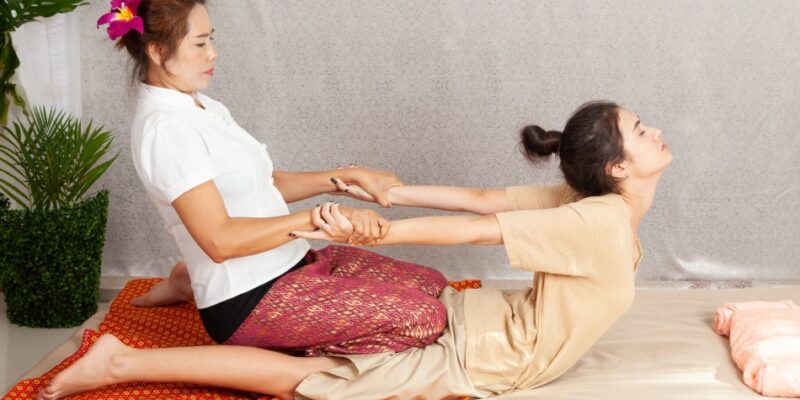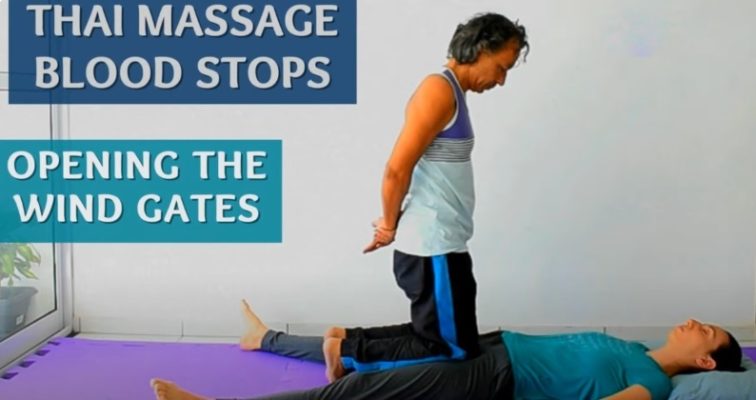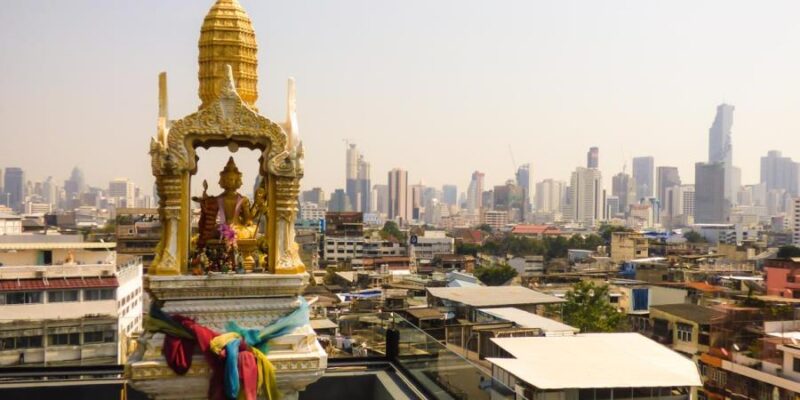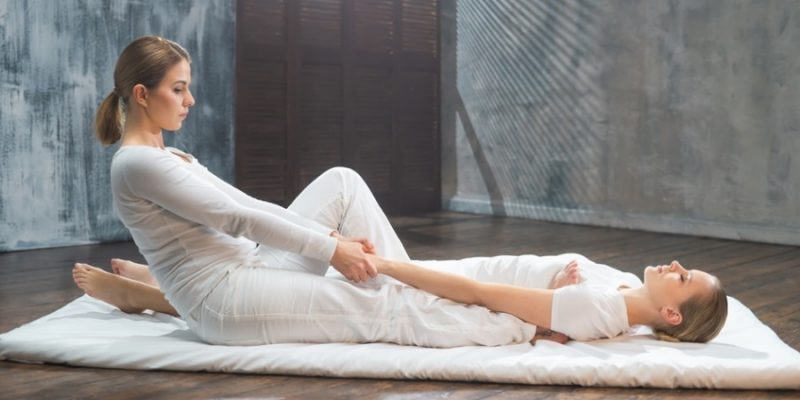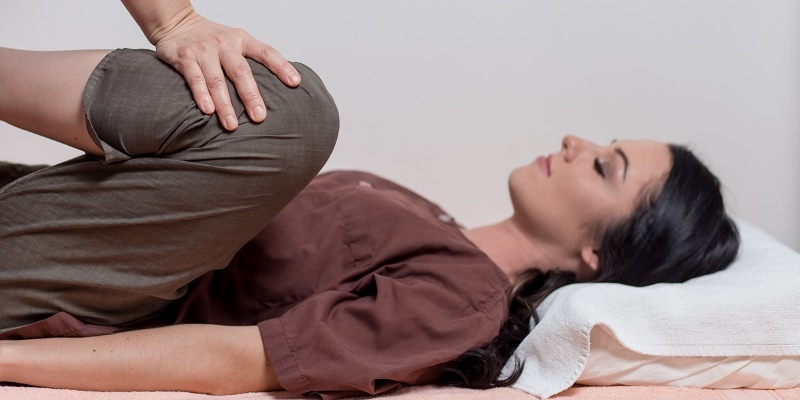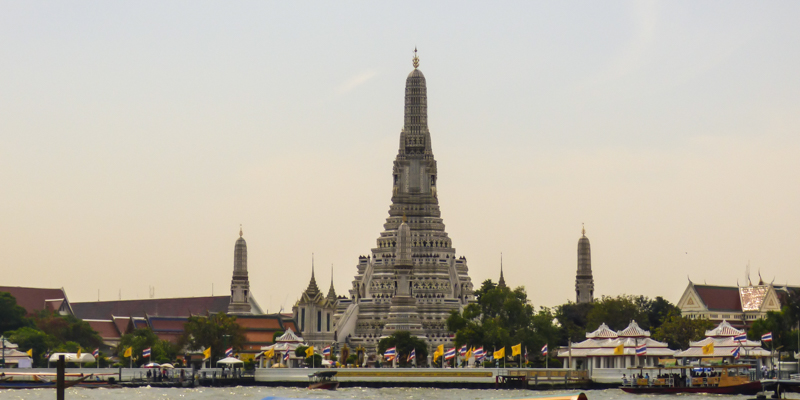
In our previous article How Thai People Learn Thai Massage in Thailand, we’ve already talked about the way Thai Massage education in Thailand is organized.
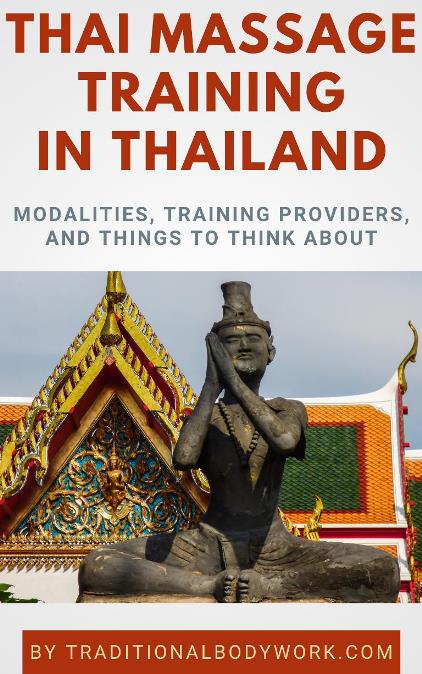
We can roughly divide Thai Massage training in Thailand into two distinct types:
▶ the informal learning programs such as training offered in temples, at home, in day-spas, and in Thai Massage parlors;
▶ the formal learning programs, which are offered through governmental vocational schools, private training schools, colleges & universities, and Thai Traditional Medicine Associations.
In this article, we’ll go a step further and take a look at the characteristics and makeup of private Thai Massage training schools in Thailand.
Large Thai Massage Schools
We find the large to very large Thai Massage schools (with more than 15 instructors per school) like for instance ITM Chiang Mai, TMC Chiang Mai, or the Watpo Medical Massage School in Bangkok.
These schools have many teachers and a broad variety in the sort of Thai Massage programs they offer. This goes from Thai Massage (many levels, often up to instructor training programs), to Foot massage & Reflexology, Tok Sen, Oil Massage & Aromatherapy, Herbal ball massage, and so on, and so on. Generally, one could say that the contents of the individual training courses is often not that profoundly deep or extensive.
Medium Sized Thai Massage Schools
The medium sized schools boast between 5 and 15 teachers and generally offer, like the large Thai Massage schools, a wide diversity of Thai bodywork courses. We often see that they also venture into offering Western spa courses, but certainly not always. The main difference with the larger schools is the scale and “having a more homely atmosphere.” Examples of these type of schools are Ong’s Thai Massage School, Sunshine Massage School, and the Sabai De Ka Massage School.
One-Man Training Centers
These Thai Bodywork schools or centers have only one principal teacher, with sometimes one or two assistants. The main teachers have often acquired some kind of fame or have a certain specialty. Think for instance of Pichest Boonthumme, Sinchai, or Jack Chaiya. Most of the time a rather limited set of Thai Massage course variety is offered, but then again … education is usually in-depth, very thorough and extensive.
Spa & Wellness Academies
A growing number of Thai Massage schools have seriously ventured into offering a broad spectrum of Spa and Wellness training. They don’t provide for Thai Bodywork courses only, but also added Western and other Asian modalities to their curriculum. Think of additional education in Swedish Massage, Sports Massage, and Indian Head Massage, to name a few modalities. Examples of schools are the Chiang Mai Spa Academy (CMSA), the Chiva-Som International Academy, or the Thai Oasis Spa School.
Spa & Wellness Groups
There are a significant number of Spas, Resorts and Spa Retreats in Thailand that are part of an overall holding company or Spa & Wellness group. These groups often have there own in-house/in-company training academies to provide their spa centers with trained personnel. Some of these (usually very luxury) in-house academies are also open for external students. In this case, think of chains like the Panviman Group of Resorts or Banyan Tree Spa. In general, a variety of Western, other Asian and Thai Spa course modalities is offered.




